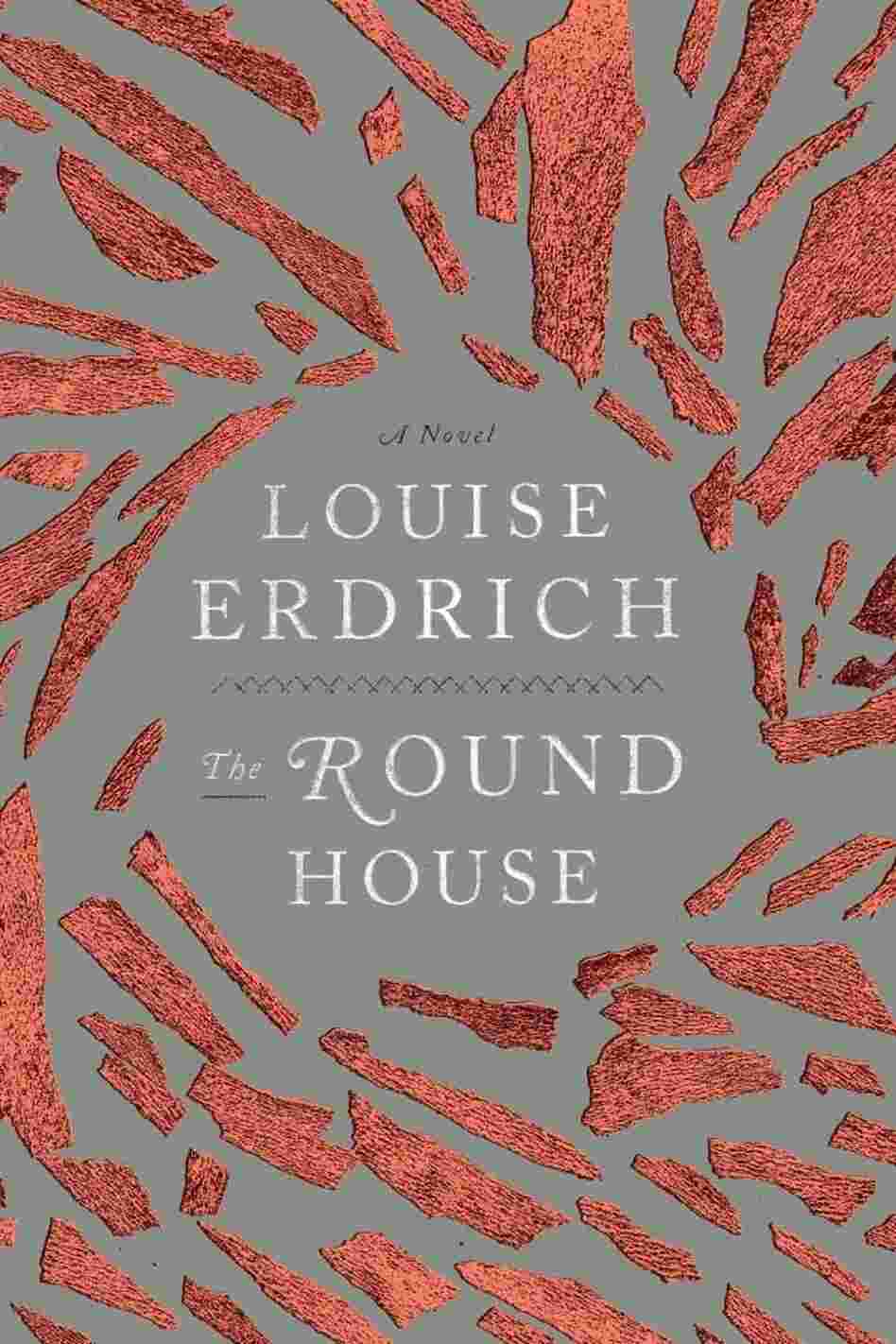A Killing in the Hills is Pulitzer Prize-winning journalist Julia Keller's first novel, uhmmm. For a would-be thriller, the extensive character development and backstory was a distracting drag. I started skimming pages because of the implausible yet predictable plot. Prosecutor Bell Elkins, a single mom and her teen daughter take on an illegal drug ring that’s already pulled off a Capone-style massacre of three senior citizens in the hills of West Virginia. It was a chore to get through.
By contrast, Louise Erdrich's The Round House, pulled me in from page one. Being swept up by a good story is a great reading experience. Take the book as it comes- no preconceptions, anticipations or expectations. So here's my review without revealing the plot, which is only a google away, if you like to know beforehand. This, her fourteenth novel is uncharacteristically suspenseful made more so by my ignorance of the legal quagmire around tribal lands. There were twists and turns, dead ends and red herrings along the way. It was hard to put down.
Therefore, The Round House wins round one.
Therefore, The Round House wins round one.







